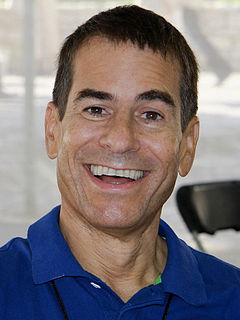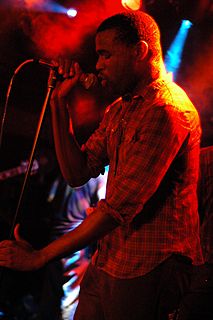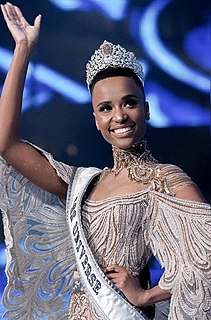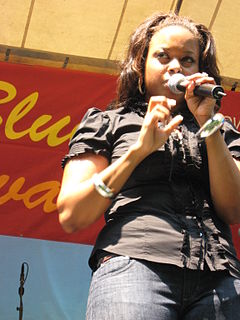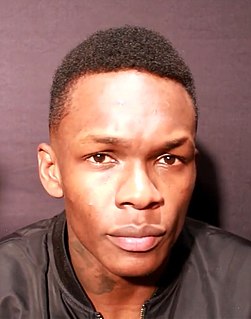A Quote by Wesley Morris
Everybody brings their thing to their criticism. I bring this wealth of opinions and feeling and knowledge about race and gender and sexuality. I feel like I have it, I may as well express it, and if it's applicable to what I'm writing about and I'm not forcing it, I should try to use it, because it's interesting. It speaks to more than some people.
Related Quotes
You know, you hear about these movements for women, and for children, and for people who are any race but white, and you think that it's about time that men got a movement. Think about it. Guys can't play the piano, or dance, or sing. We can't cry, or be too happy, or show any emotion for that matter. The only thing we have left to us is anger, and even that we have to bottle up. Boys should be able to express what they feel and not have to endure people laughing at them, forcing them to wonder if they're gay or not, just because they like to paint.
I feel that all knowledge should be in the free-trade zone. Your knowledge, my knowledge, everybody's knowledge should be made use of. I think people who refuse to use other people's knowledge are making a big mistake. Those who refuse to share their knowledge with other people are making a great mistake, because we need it all. I don't have any problem about ideas I got from other people. If I find them useful, I'll just ease them right in and make them my own.
People who would not be using the word gender or thinking about gayness or trans-ness may actually, without even thinking about it, be not their own gender in their inner world. I think that's actually so normal, because female sexuality is sold to all of us. It doesn't just reach the eyes of men. You might not care about the idea of boobs or jugs or whatever, but it could impact your inner sexual life.
I think that it is too common for white feminists to say, 'We want some diversity. Come join our movement about gender, but we want you to check the class and race at the door.' And you can't undo that braid of race, class, and gender: all three intersect with each other, so it's important for more education to be done about that.
You see an artist, a creative person, can accept criticism or can live with the criticism much more easily than with being ignored. Criticism makes you feel alive. If somebody is bothered enough to speak vituperatively about it, you feel you have touched a nerve and you are at least 'in touch.' You are not happy that he doesn't like it, but you feel you are in contact with life.
I'm a recording artist who's traveled around the world so I have different opportunities than other people and people may decide how I should use my opportunities because my opportunities are public whereas I can't decide how people should use their opportunities because their opportunities are private. That's what we're dealing with - people feeling like they should be able to control celebrities.
But I think writing should be a bit of a struggle. We're not writing things that are going to change the world in big ways. We're writing things that might make people think about people a little bit, but we're not that important. I think a lot of writers think we are incredibly important. I don't feel like that about my fiction. I feel like it's quite a selfish thing at heart. I want to tell a story. I want someone to listen to me. And I love that, but I don't think I deserve the moon on a stick because I do that.
I've talked about tall poppy syndrome when I see people. I used to be like, 'Why am I feeling this way? What is that person taking from me that makes me feel inadequate?' That same feeling you feel when you feel uncomfortable because people start talking about racism, lean into that feeling, don't just look away from it, because you can't pretend.

